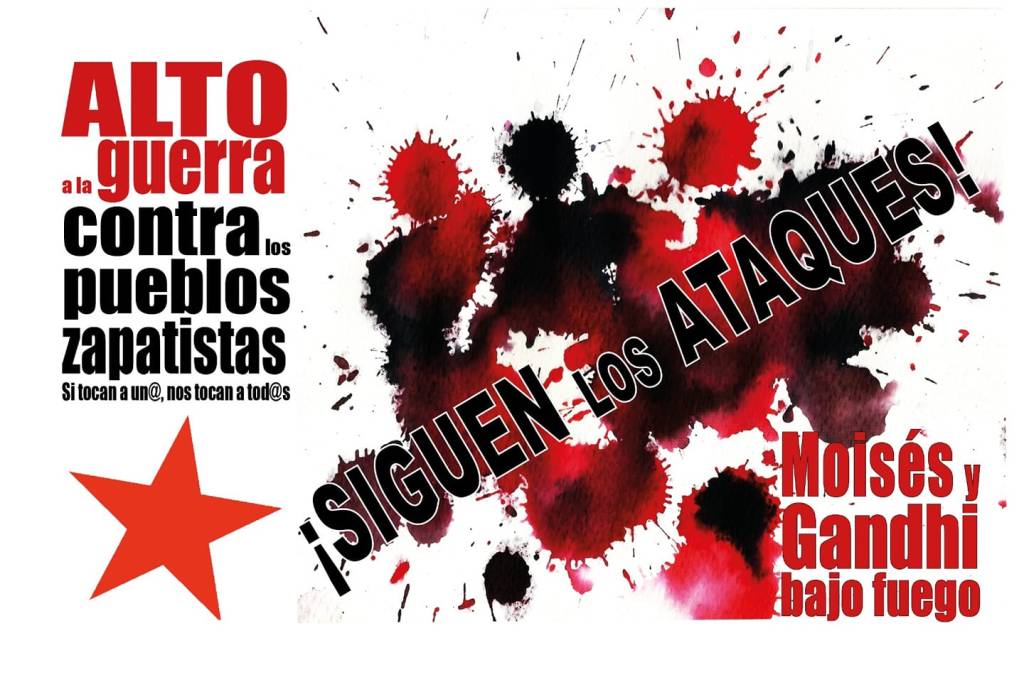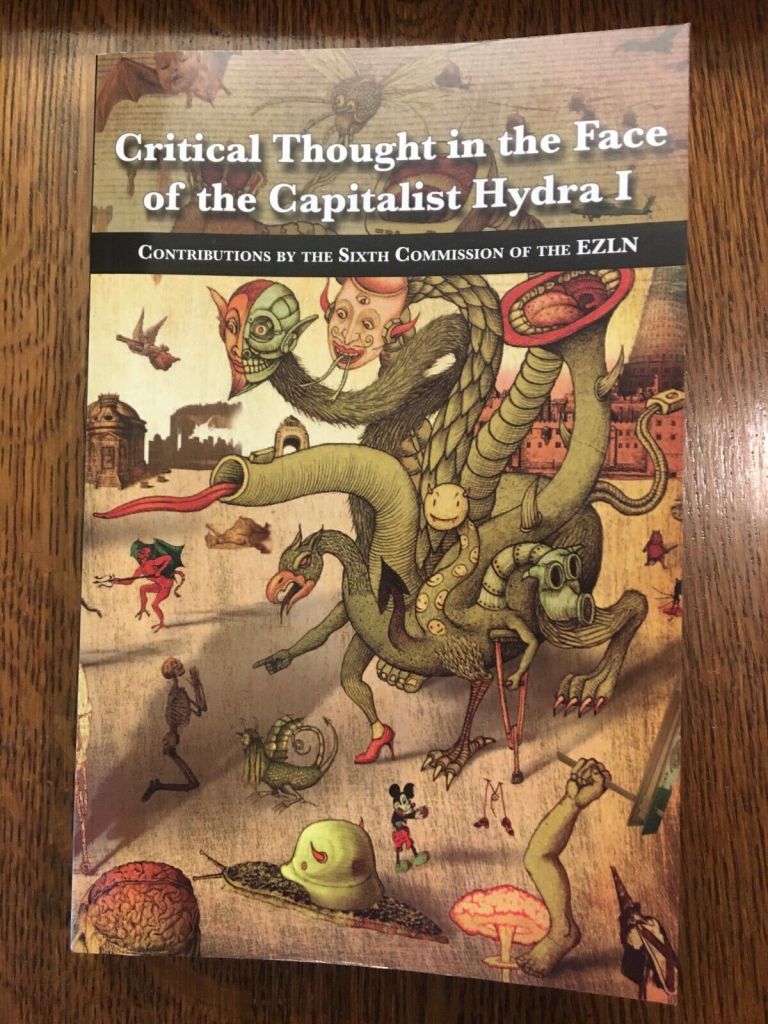By: Raúl Zibechi
We are accustomed to the fact that defenders of state-centric policy publicize the actions of states, emphasizing their achievements and omitting state criminality, which is usually attributed to drug trafficking groups and armed gangs that multiply thanks to the support they receive from official armed institutions.
However, very little is mentioned about what these states are not doing, what they cannot or do not want to do for the most diverse reasons. They try to hide the fact that violence, which continues to grow in most of our countries, from Mexico to Chile, would not happen without the complicity, silence or direct support of the police and military, as well as businessmen and federal, state and municipal governments.
Let’s look at some examples.
What can states do in the face of the climate crisis and mass migration? The rulers say they do their best, meet, convene expensive international conferences and summits among leaders, but they just remain empty declarations that nobody trusts, except those who benefit from those meetings.
But the question should go deeper. What could the states and governments do if they were led by honest people? Or something more complex: is it possible to stop or reverse climate change? What about migrations?
A study published by the journal Nature Sustainability says that 3 to 6 billion people, between one-third and one-half of humanity, could be trapped outside the environmental niche where life is possible, facing extreme heat, food shortages and higher mortality rates, unless emissions are drastically reduced or mass migration is taken into account.
To reverse the climate crisis, there would have to be a drastic change in two central issues: the accumulation of capital by dispossession or theft and the ways of life of the portion of humanity that lives quite well, that is, the middle and upper classes of the world. Both are impossible. The first because it is the richest one percent who has shown that it does not want to leave its place of privilege.
The second because cultural changes are very slow and nobody wants to lose their standard of living, of consumption. How many of the people who are reading these lines would be willing to live like the original peoples of Chiapas who, just for being poor, are poor and are being punished by the powerful?
It is not easy to change the way of life. Even less to do it by will and not by necessity. If half of the planet’s population can migrate for climatic reasons, it is clear that this huge and brutal proportion cannot be contained even by the most powerful state. United States authorities are absolutely powerless to stop the clouds of smoke and dust caused these days by the wildfires in Canada.
These days I am in Venezuela, where there is no gasoline and the country is paralyzed. I come from Uruguay, where I live and there is no drinking water anymore. Venezuela has the largest oil reserves in the world and Uruguay was a paradise of abundant drinking water of very good quality.
In both cases we see the impotence of states. Refineries in Venezuela are between 60 and 70 years old, have not been repaired and now have almost permanent failures. Venezuela is now dependent on gasoline shipments from Iran. The monoculture of hydrocarbons is at the base of this tremendous crisis.
In Uruguay, agricultural production for export is responsible for the current shortage, although it was aggravated by the long drought caused by climate change. Deforestation, soy monocultures and dairy plantations are at the root of the current water scarcity, since the main basins are polluted without anyone responding, neither the current right-wing government nor the previous left-wing ones.
In both countries, accumulation by dispossession is ultimately responsible for disasters. But the gravity of the situation that affects us can no longer be resolved either with demonstrations (in Montevideo they are daily and are necessary to alert the population to the official silence), or with changes of government. The force of inertia to which Fernand Braudel alluded is so important that not even the collapse of the current world-system is capable of making populations modify their habits, particularly urban ones.
Seven years ago, at the Critical Thought in the Face of the Capitalist Hydra, gathering held in San Cristobal de las Casas, the EZLN warned about the dimension of the migrations expected for this century. To some of us it seemed exaggerated, but reality is surpassing us.
What are we going to do given the evidence that we are facing risks that neither the states nor the governments can resolve? It is evident that we must choose between autonomy and barbarity.
Originally Published in Spanish by La Jornada, Friday, June 14, 2023, https://www.jornada.com.mx/2023/06/16/opinion/015a2pol and Re-Published with English interpretation by the Chiapas Support Committee



